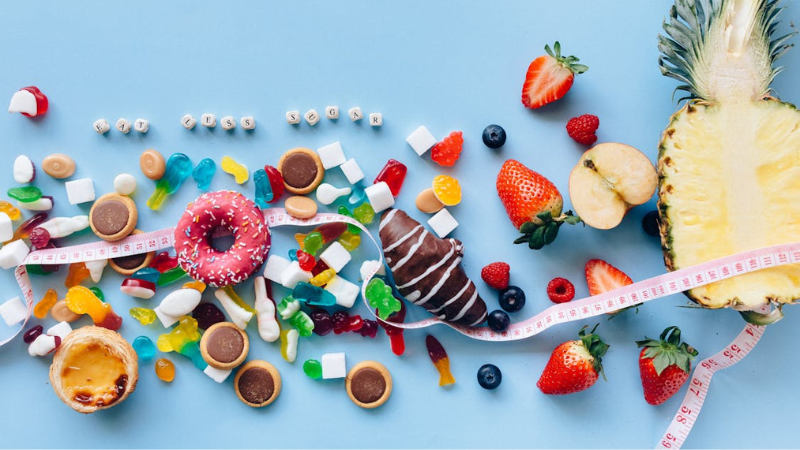Bloating is a common digestive issue that can cause abdominal discomfort, gas, and a swollen belly. While bloating may be triggered by certain medical conditions, many foods can also lead to this unpleasant symptom. Here are 10 foods that commonly cause bloating.
- Beans – Beans contain indigestible sugars called oligosaccharides that can ferment in the gut and cause bloating and gas. Try soaking and rinsing beans before cooking to reduce these sugars.
- Cruciferous Vegetables – Broccoli, cauliflower, cabbage and other cruciferous veggies contain raffinose, a sugar that remains undigested until bacteria in your gut ferment it. This produces gas. Try cooking cruciferous vegetables instead of eating them raw.
- Carbonated Drinks – The carbon dioxide gas mixed into carbonated drinks like soda gets trapped in the digestive system, leading to bloating. Avoid or limit fizzy drinks.
- Onions – Onions contain fructans, a fibre that can be difficult for some people to digest. Cooking onions thoroughly can help reduce bloating for sensitive people.
- Wheat – Wheat contains gluten, a protein some people have difficulty digesting. This can lead to bloating and other digestive issues. Try swapping wheat for gluten-free grains if you have gluten sensitivity.
- Barley – Like wheat, barley contains gluten which can trigger digestive problems for gluten-sensitive individuals. Substitute barley for gluten-free options instead.
- Rye – Rye also contains gluten. Swap rye bread and cereals for gluten-free alternatives if you experience bloating.
- Dairy – Lactose, the natural sugar in dairy products, can be hard to digest for people with lactose intolerance, causing bloating and gas. Stick to lactose-free dairy options if this affects you.
- Apples – Apples contain fructose, a fruit sugar that can be quickly fermented by gut bacteria, producing gas and bloating. Try an enzyme supplement to help break down fructose.
- Sugar Alcohols – Sugar alcohols like xylitol and sorbitol found in sugar-free gums/candies can cause bloating issues. Limit high doses of foods with sugar alcohols.
Tips to Manage Bloating
Here are some simple ways to help reduce or avoid bloating:
- Eat slowly and chew thoroughly to aid digestion.
- Limit salty foods, which can cause water retention.
- Stay hydrated by drinking plenty of water to avoid dehydration.
- Exercise regularly to spur digestion and relieve constipation.
- Manage stress, which can exacerbate digestive issues.
- Consider probiotics or enzyme supplements to support gut health.
- Keep a food journal to identify trigger foods that cause you bloating.
- Wear loose, comfortable clothing that doesn’t restrict the stomach area.
- See your doctor if bloating persists to rule out underlying medical issues.
Bloating and Weight Loss
Bloating can be a frustrating barrier to weight loss. When you feel bloated, the number on the scale may go up even though you haven’t actually gained fat. This is just temporary water retention and intestinal contents causing stomach distension.
Avoid foods on the list above. Increase fibre gradually and drink plenty of water to relieve constipation. Consider a probiotic to improve digestion. Look for solutions that offer advice on how to help with bloating and fatigue. For many dieters, bloating and fatigue are big issues.
Don’t be discouraged by the number on the scale during bloating episodes. Focus on your long-term progress and consistency with diet and exercise. Be patient and the bloating will subside so you can better assess your true weight loss.
Making dietary modifications, practicing mindfulness when eating, and managing stress can all help provide relief from uncomfortable bloating episodes. Identifying and avoiding your personal trigger foods is key to reducing digestive distress.




